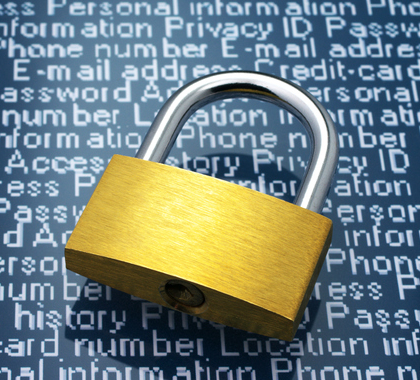The U.S. House of Representatives approved a bill prohibiting the federal government from collecting confidential information about private individuals’ donations to nonprofit organizations.
If approved by the U.S. Senate and signed into law, House Resolution 5053, the Preventing IRS Abuse and Protecting Free Speech Act, would end the required collection and reporting of donors’ confidential information to the Internal Revenue Service (IRS). House lawmakers approved the bill in June.
Currently, nonprofit organizations must report donors’ personal data to IRS’ Exempt Organizations division, the same department responsible for using government power to target conservative organizations.
Beginning in 2010, employees of IRS’ Exempt Organizations division, under the supervision of division Director Lois Lerner, violated IRS policies by singling out organizations for special examination based on a group’s name or policy positions, with the aim of slowing or preventing the ability of conservative organizations to receive tax-exempt donations in the run-up to the 2012 elections.
Preventing Political Abuse
HR 5053’s sponsor, Rep. Pete Roskam (R-IL), says IRS has shown repeatedly it cannot be trusted to resist the temptation to become a political organization.
“The IRS has demonstrated two things: Number one, they’re incapable of holding this kind of confidential information close; and number two, they’ve demonstrated that they don’t need this information,” Roskam said. “In terms of the first, the IRS wrongly disclosed Schedule B information in the past about the National Organization for Marriage, and donors were harassed and so forth because of an improper disclosure of donor information by the IRS.”
IRS representatives have admitted the agency doesn’t need donors’ private information to perform its stated mission, Roskam says.
“They’ve said it to us privately, [and] they’ve said it publicly,” Roskam said. “If they’re not capable of handling it, and they don’t need it, then let’s make sure they don’t get it.”
Data Collection for Discrimination
Bradley Smith, a law professor at Capital University and a former Federal Election Commission member, says IRS doesn’t need to know about donations made by private individuals to private organizations.
“Whether it’s true or not—and I think there’s evidence to suggest that it has been true in the past—I think people feel that the IRS is collecting information that may be used to discriminate against people,” Smith said. “Our tax system does rely on voluntary compliance and confidence in the rule of law. If that’s lost, that’s a problem.”
Little ‘Public Interest’
Smith says donations from private individuals to nonprofit organizations should remain private.
“There’s not really that great of a public interest, and there is a government harm,” Smith said. “The government can use this information to intimidate and harass people. We do have examples of people being retaliated against, threatened. It’s a bigger and bigger problem, I think, in our society. We have more and more people wanting to attack speakers and voices they disagree with.”
Shutting Down Speech
Smith says numerous individuals and advocacy groups are engaging in a war against freedom of speech.
“You hear this phrase all of the time, ‘We need to hold these people accountable,'” Smith said. “And I’m always like, ‘What does that even mean, to hold someone accountable for their speech?’ What they’re really saying is, ‘We’re going to do other things that will harm them, until they stop voicing that opinion.'”
Danedri Herbert ([email protected]) writes from Kansas City, Kansas.



